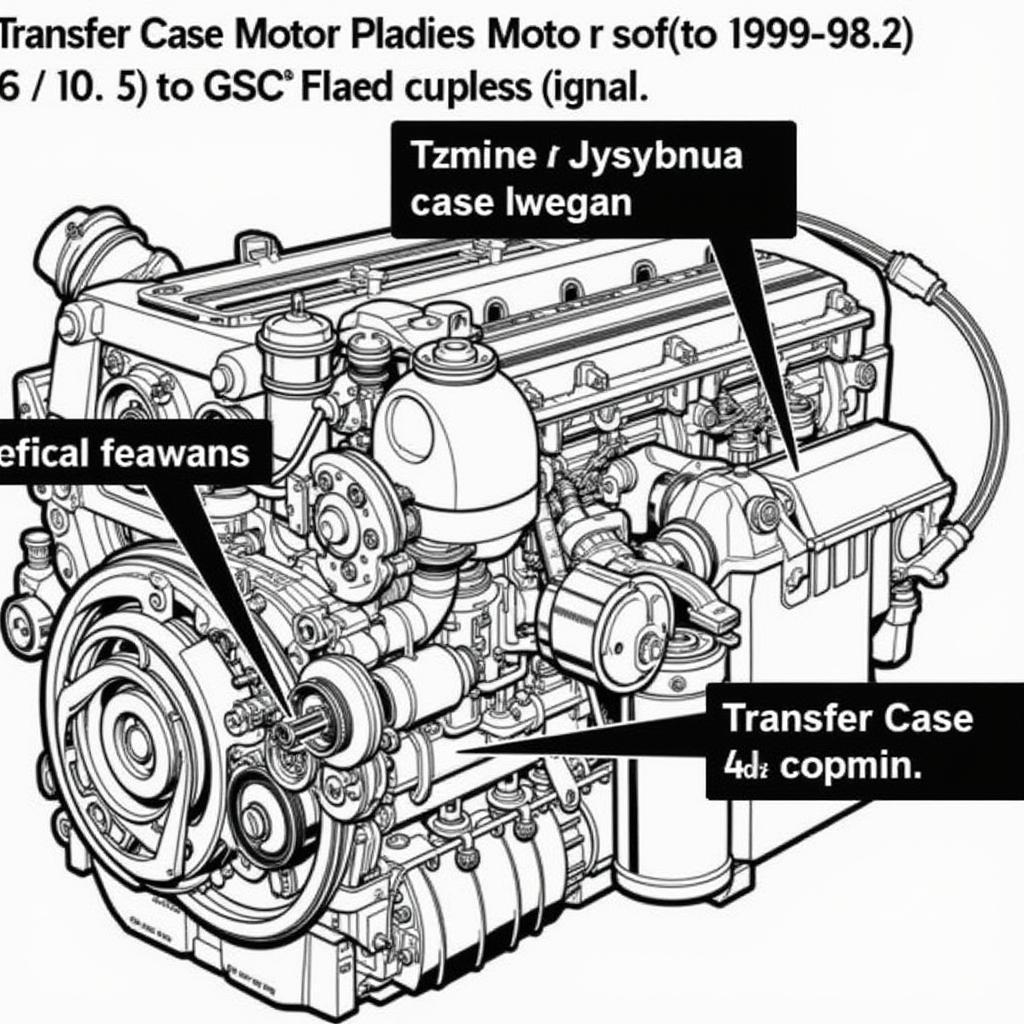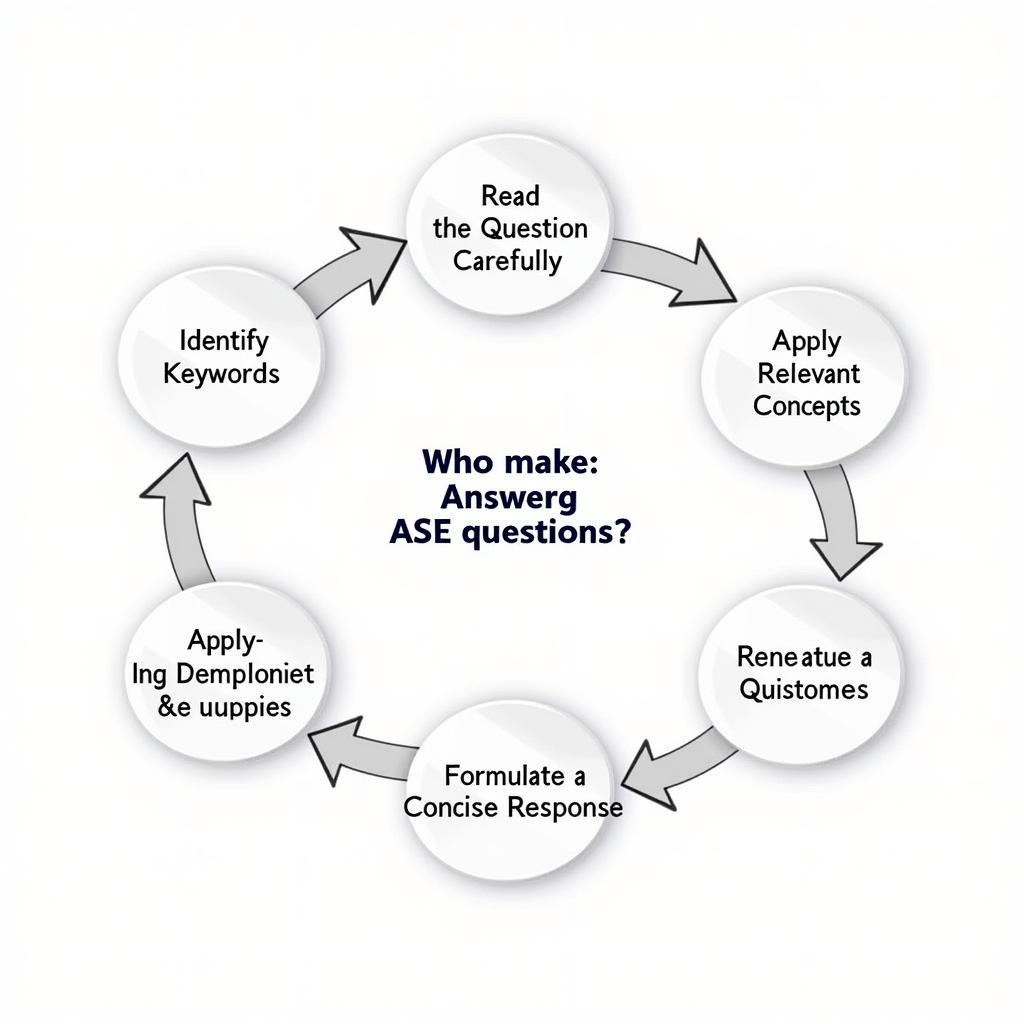The Southeast Asian region, with its burgeoning economies and rapidly developing infrastructure, has emerged as a global automotive powerhouse. ASEAN expertise in the automobile sector is playing a key role in shaping the industry’s future, not only within the region but also on the global stage. This expertise is evident in the increasing presence of ASEAN manufacturers, the growth of the automotive supply chain, and the adoption of advanced technologies.
ASEAN’s Rise as an Automotive Manufacturing Hub
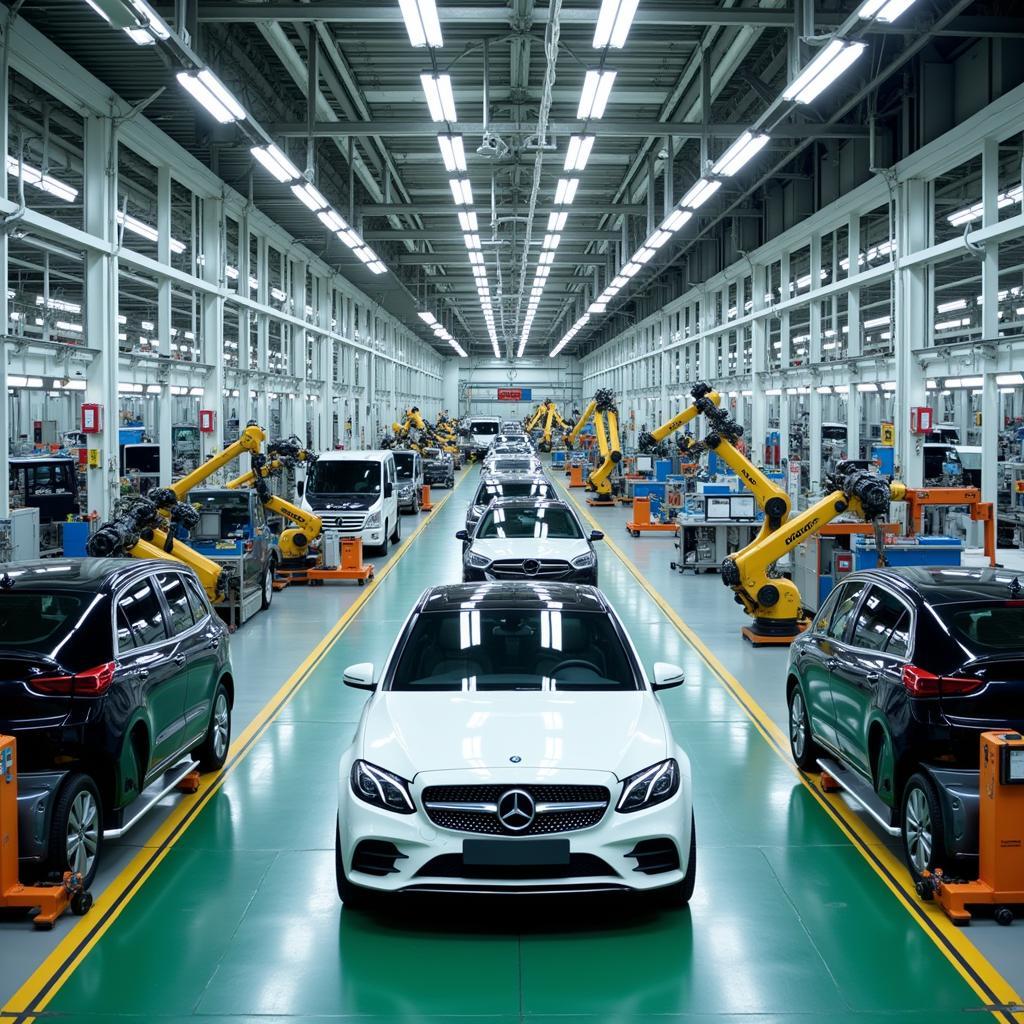 Modern Car Manufacturing Plant in Southeast Asia
Modern Car Manufacturing Plant in Southeast Asia
ASEAN countries have become attractive destinations for global automotive manufacturers seeking to expand their operations. The region offers a combination of favorable factors, including:
- Competitive Labor Costs: ASEAN nations offer a skilled workforce at competitive labor costs, making them an attractive alternative to traditional manufacturing hubs.
- Strategic Location: Situated at the heart of major shipping routes, ASEAN countries provide efficient access to key markets in Asia and beyond.
- Government Support: Many ASEAN governments have implemented policies and incentives to attract foreign direct investment in the automotive sector.
Building a Robust Automotive Supply Chain
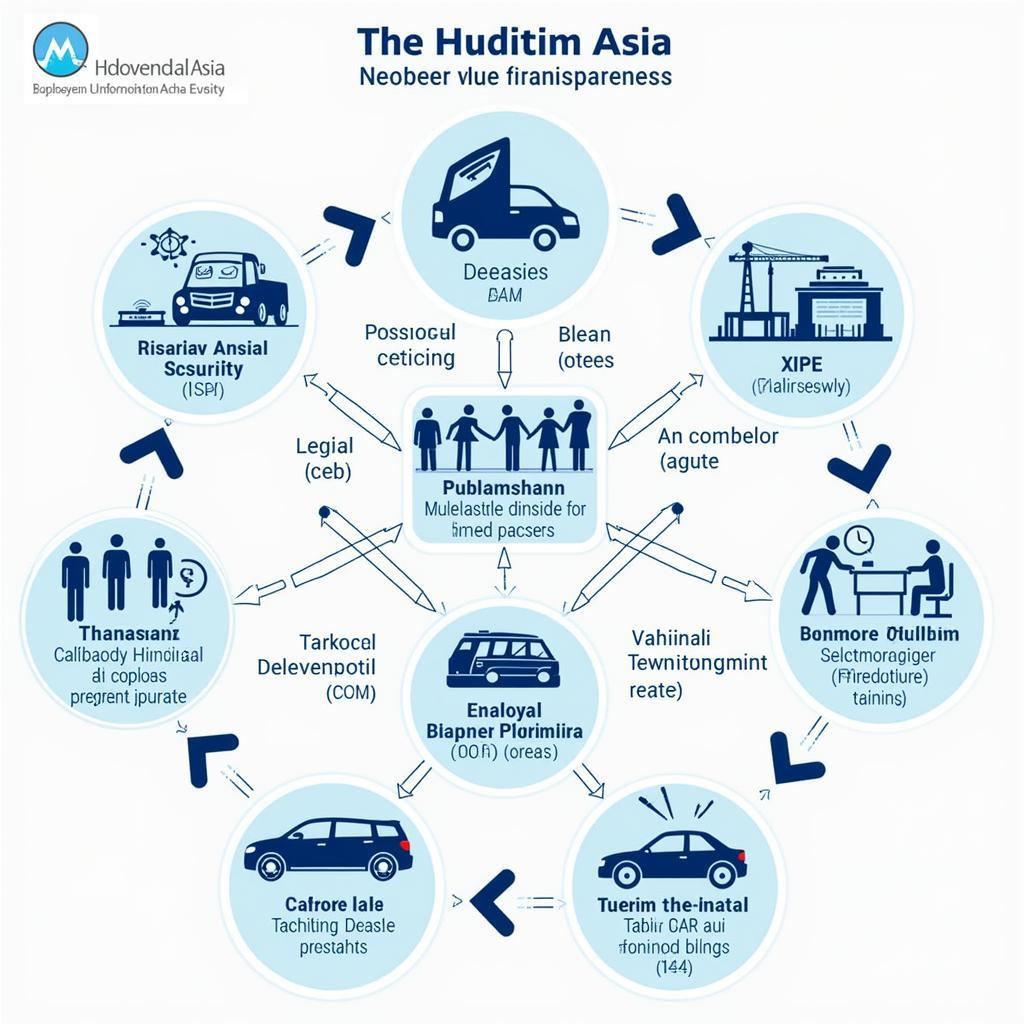 Southeast Asian Automotive Supply Chain: Logistics and Components
Southeast Asian Automotive Supply Chain: Logistics and Components
Beyond vehicle assembly, ASEAN countries are increasingly playing a vital role in the global automotive supply chain. The region has witnessed significant growth in the production of automotive components, including:
- Tires and Rubber Products: ASEAN is a leading producer of natural rubber, a crucial raw material for tire manufacturing.
- Electronics and Electrical Components: As vehicles become increasingly sophisticated, demand for electronics and electrical components, such as sensors and displays, is rising. ASEAN countries are well-positioned to meet this demand.
- Battery Production: With the growing popularity of electric vehicles (EVs), the production of EV batteries is becoming increasingly important. ASEAN nations are rich in resources essential for battery production, such as nickel and cobalt.
Embracing Innovation and Advanced Technologies
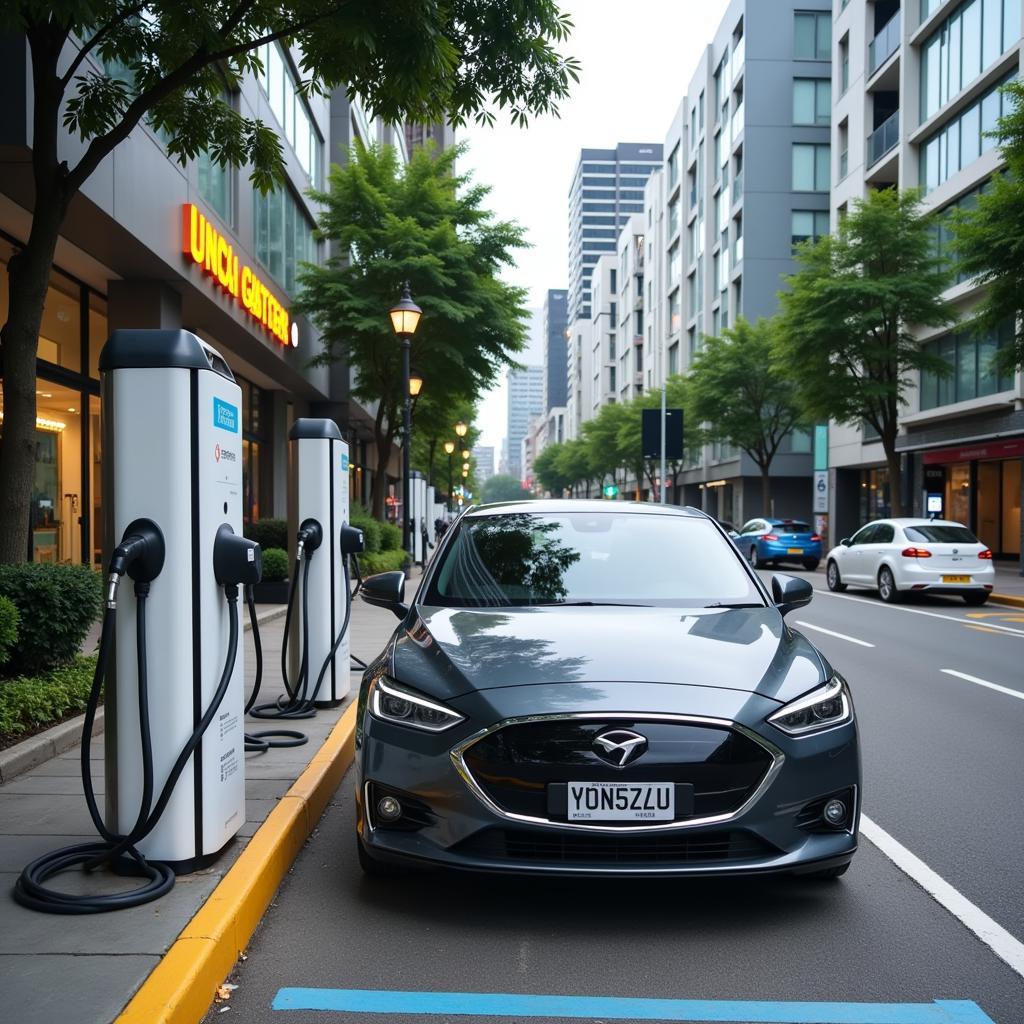 Electric Vehicle Charging Station in Urban Southeast Asia
Electric Vehicle Charging Station in Urban Southeast Asia
ASEAN expertise in the automobile sector extends to the adoption and development of cutting-edge technologies, including:
- Electric Vehicles (EVs): Governments across Southeast Asia are actively promoting the adoption of EVs to reduce carbon emissions and enhance energy security.
- Autonomous Driving Technologies: ASEAN countries are investing in research and development related to autonomous driving technologies, paving the way for safer and more efficient transportation systems.
- Connected Car Technologies: The rise of connected car technologies, which enable vehicles to communicate with each other and with infrastructure, is revolutionizing the driving experience. ASEAN expertise in software development and telecommunications is contributing to advancements in this area.
Conclusion
ASEAN’s expertise in the automobile industry is propelling the region to the forefront of this dynamic sector. From manufacturing prowess to supply chain strength and technological innovation, ASEAN is poised to shape the future of mobility. As the region continues to invest in research and development, embrace sustainable practices, and foster partnerships with global players, ASEAN’s influence on the global automotive stage is only set to grow.
